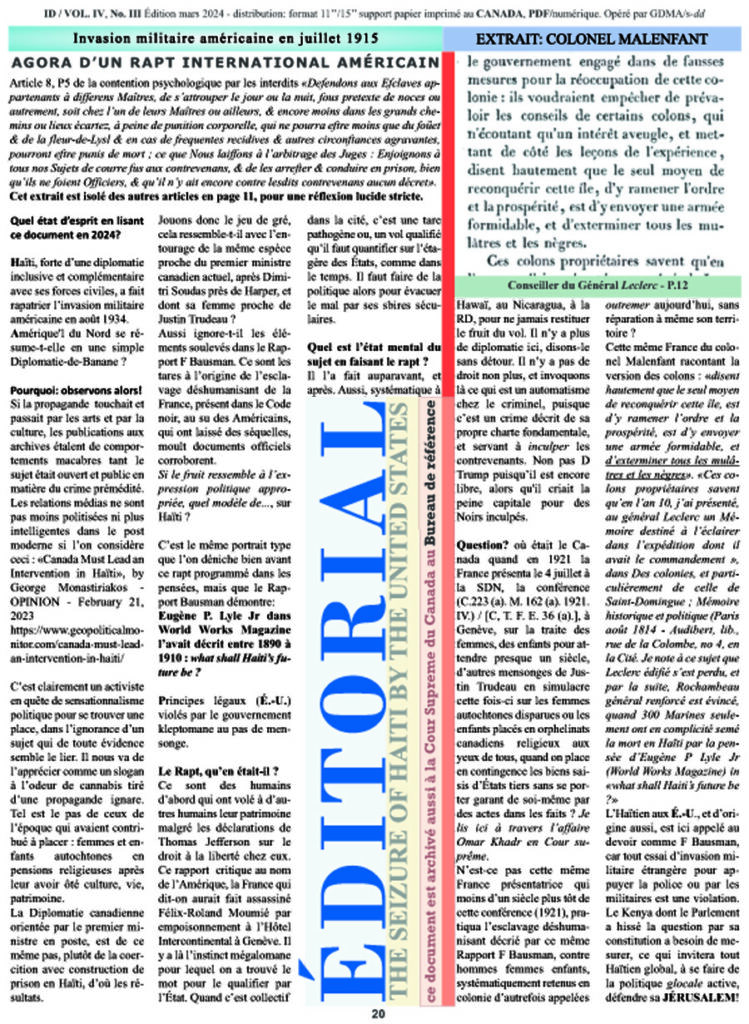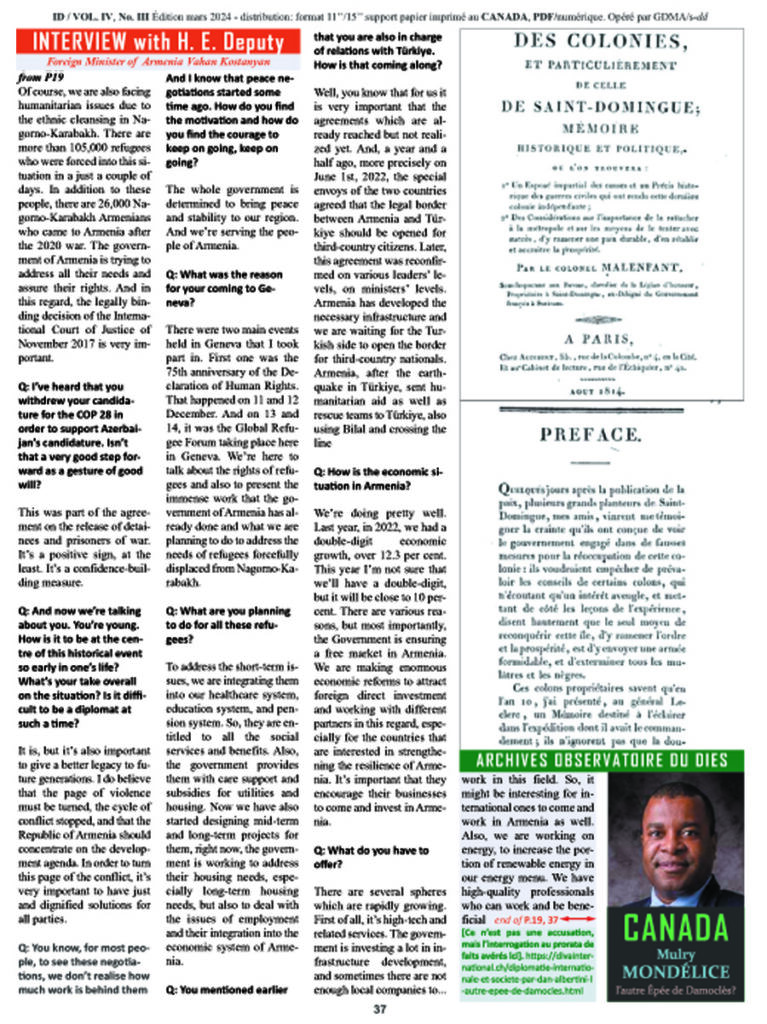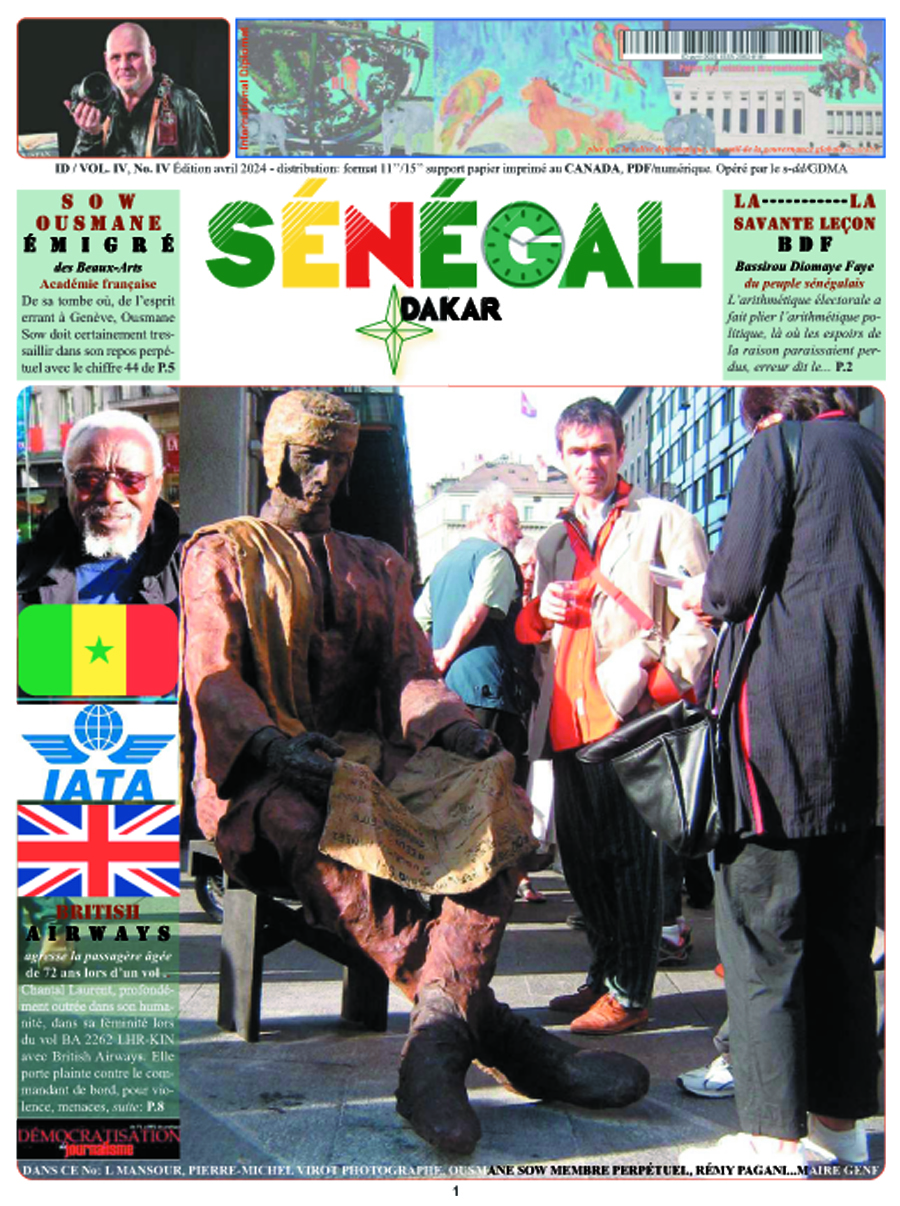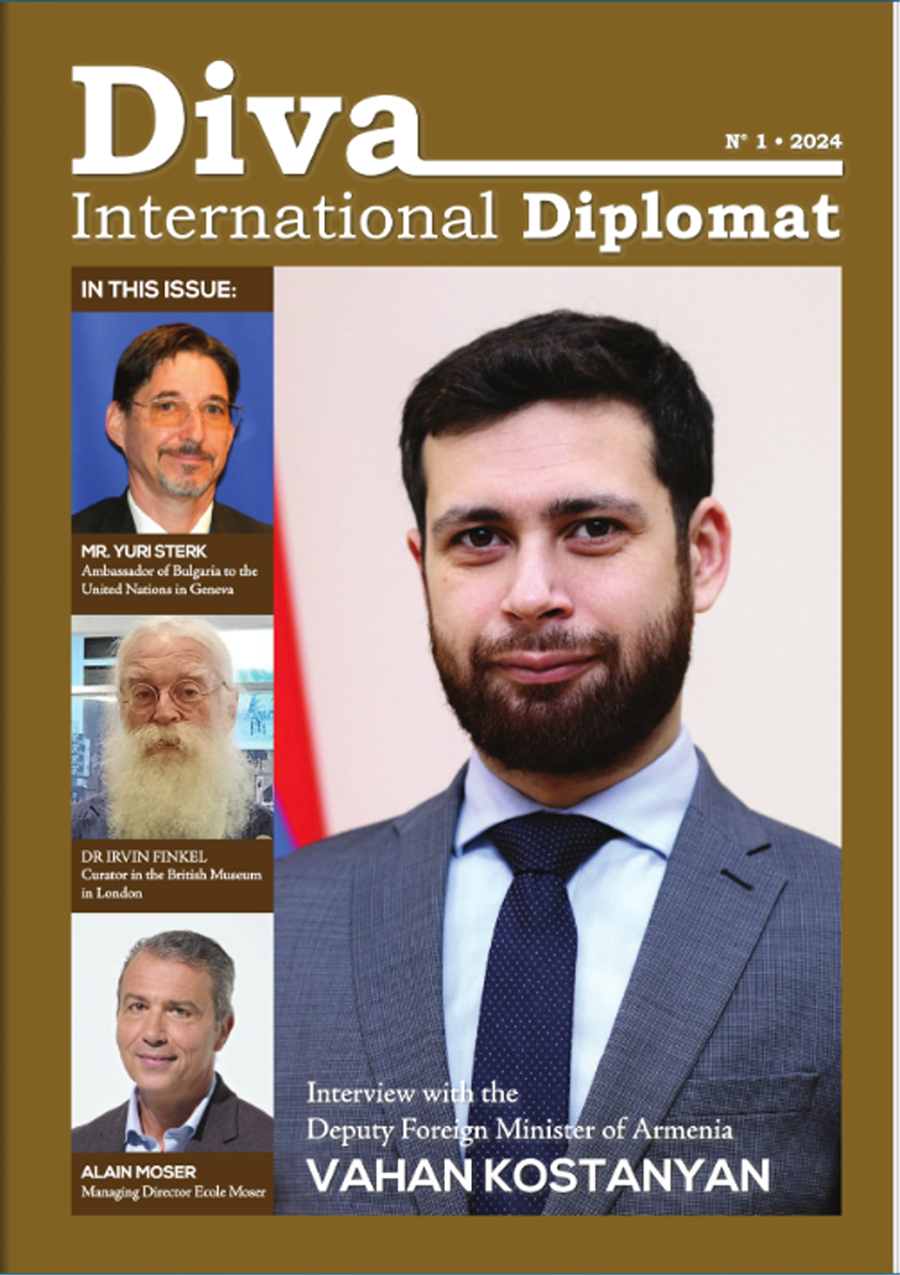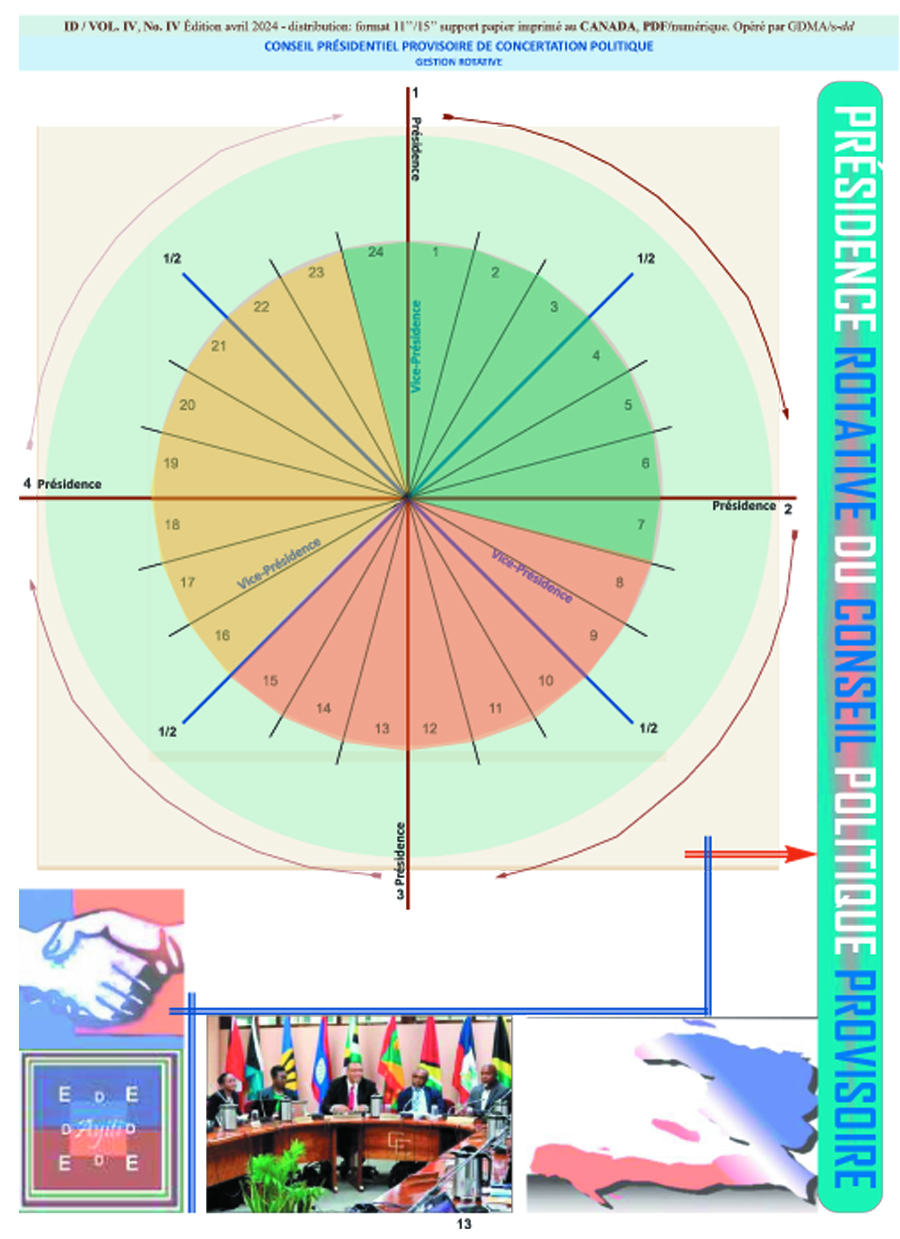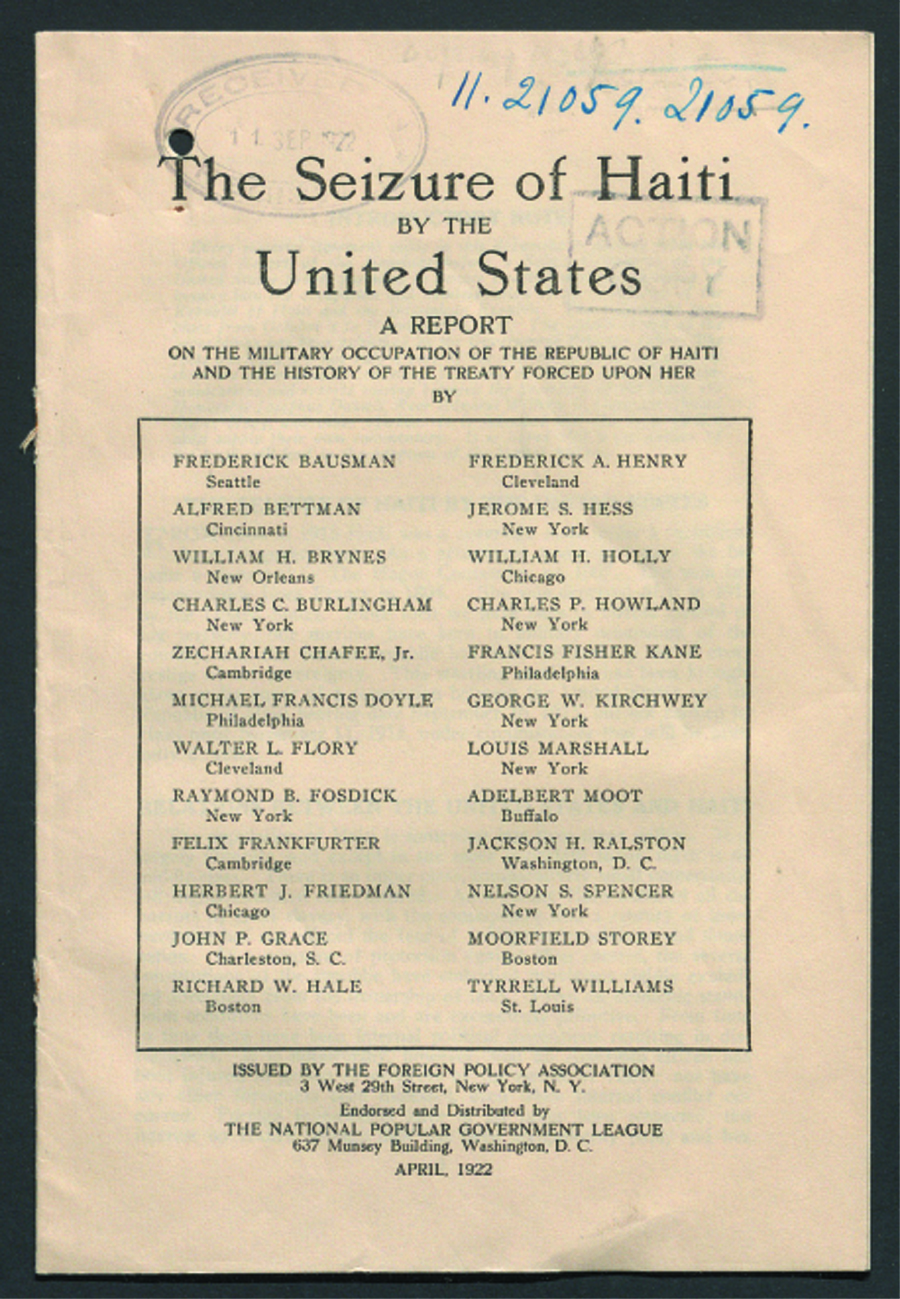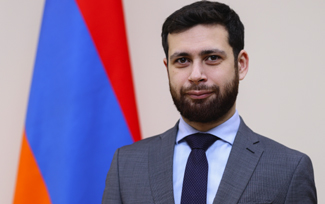
INTERVIEW with H. E. Deputy Foreign Minister of Armenia Vahan Kostanyan
The Human Rights 75 High-Level Event in Geneva at the end of last year drew an impressive gathering dignitary, and one of them travelling all the way to Geneva for it was the young and dynamic Deputy Foreign Minister of Armenia. At the age of 30, he has already acquired substantial international experience. Let us briefly mention: he started his career as Assistant to the Deputy of the National Assembly of Armenia, from where he became the head of the First Deputy Prime Minister’s Office of Armenia. devoted to his job, he represents the new faces of the Armenian political class and diplomatic service. We had a chance to meet him in Geneva.
Q: Mr Deputy Foreign Minister, could you tell us a little bit about yourself and your work?
I’ve been in this in this post since January 2023. I’m in charge of neighbouring countries and the Middle East.
This involves the normalization processes with both Azerbaijan and Türkiye.
Q: I read that there are quite a few interesting things going on right now in the conflict between Armenia and Azerbaijan. Could you tell us a little bit more about it?
Well, at the same time, they’re both going on and not going on. We just had a good humanitarian step forward, which looks promising. As a sign of goodwill, the Armenian side released two Azerbaijani soldiers detained in Armenia, and the Azerbaijani side released 32 of our detainees. Unfortunately, there are still 23 remaining in custody in Azerbaijan.
We believe that it was a good confidence-building measure between the two sides that can help the negotiation process in general. It also should be highlighted that, while confidence-building measures can help, they cannot replace real negotiations. There were a couple of attempts to reconvene the two sides for negotiations, both on the leaders’ level and on the ministerial level. There were efforts by the European Union as well as the United States, but the Azerbaijani side rejected these offers. So far, they are reluctant. But we believe we need to meet and we need to talk if we want to finalize the text of the peace treaty the principles of which are accepted by Armenia, sometimes by Azerbaijan, but also by the mediators and the parties more or less involved in the negotiation processes.
They are trying to support the establishment of peace and stability in our region. So, just to reiterate: the Republic of Armenia remains committed to the political goal of normalizing relations with its neighbours, Azerbaijan and Türkiye in particular.
Regarding the Armenia-Azerbaijan track, we believe that we have at least a few indisputable principles. The first is that each other's territorial integrity, sovereignty, must be recognized and respected without any further ambiguity, which means that we need a clear, mutually recognized border between Armenia and Azerbaijan. For this, there are the Almaty Protocol and the subsequent declaration of 1991, signed at the time of the dissolution of USSR, which established that the former Soviet republics would maintain the existing administrative borders between them as interstate borders.
We want to settle this border based on the Almaty Declaration and conduct a further delimitation process based on the most recent maps, which, in fact, present the situation and the exact border of the 1991.
Another principle for us is that the opening of communications in our region shall be conducted with full respect to sovereignty and the jurisdiction of the states where this communication is happening. And this must be based on the principles of equality and reciprocity, for we have concerns that Azerbaijan is raising claims for an extraterritorial border, which is totally unacceptable for us.
Being a landlocked country, we are very interested in opening up communications. That’s why we took a step further. The Prime Minister of Armenia and the government of Armenia introduced our vision, how we see the opening of these lines of communications. We call the project Crossroads of Peace, because we believe that economic cooperation and interdependence, interconnectivity in the region, could underpin stability in our region. And with this, we want to relaunch and reconstruct communication not only with Azerbaijan but also with Türkiye, which will be beneficial for all the countries of the region.
It will immensely help to connect the Black Sea with the Persian Gulf, and the Mediterranean Sea with the Caspian Sea and beyond, going to Central Asia and more to the east. Armenia is very keen to implement this project.
Of course, we are also facing humanitarian issues due to the ethnic cleansing in Nagorno-Karabakh. There are more than 105,000 refugees who were forced into this situation in a just a couple of days. In addition to these people, there are 26,000 Nagorno-Karabakh Armenians who came to Armenia after the 2020 war. The government of Armenia is trying to address all their needs and assure their rights. And in this regard, the legally binding decision of the International Court of Justice of November 2017 is very important.
Q: I’ve heard that you withdrew your candidature for the COP 28 in order to support Azerbaijan’s candidature. Isn’t that a very good step forward as a gesture of good will?
This was part of the agreement on the release of detainees and prisoners of war. It’s a positive sign, at the least. It’s a confidence-building measure.
Q: And now we’re talking about you. You’re young. How is it to be at the centre of this historical event so early in one’s life? What’s your take overall on the situation? Is it difficult to be a diplomat at such a time?
It is, but it’s also important to give a better legacy to future generations. I do believe that the page of violence must be turned, the cycle of conflict stopped, and that the Republic of Armenia should concentrate on the development agenda. In order to turn this page of the conflict, it’s very important to have just and dignified solutions for all parties.
Q: You know, for most people, to see these negotiations, we don’t realise how much work is behind them. And I know that peace negotiations started some time ago. How do you find the motivation and how do you find the courage to keep on going, keep on going?
The whole government is determined to bring peace and stability to our region. And we’re serving the people of Armenia.
Q: What was the reason for your coming to Geneva?
There were two main events held in Geneva that I took part in. First one was the 75th anniversary of the Declaration of Human Rights. That happened on 11 and 12 December. And on 13 and 14, it was the Global Refugee Forum taking place here in Geneva. We’re here to talk about the rights of refugees and also to present the immense work that the government of Armenia has already done and what we are planning to do to address the needs of refugees forcefully displaced from Nagorno-Karabakh.
Q: What are you planning to do for all these refugees?
To address the short-term issues, we are integrating them into our healthcare system, education system, and pension system. So, they are entitled to all the social services and benefits. Also, the government provides them with care support and subsidies for utilities and housing. Now we have also started designing mid-term and long-term projects for them, right now, the government is working to address their housing needs, especially long-term housing needs, but also to deal with the issues of employment and their integration into the economic system of Armenia.
Q: You mentioned earlier that you are also in charge of relations with Türkiye. How is that coming along?
Well, you know that for us it is very important that the agreements which are already reached but not realized yet. And, a year and a half ago, more precisely on June 1st, 2022, the special envoys of the two countries agreed that the legal border between Armenia and Türkiye should be opened for third-country citizens. Later, this agreement was reconfirmed on various leaders’ levels, on ministers’ levels. Armenia has developed the necessary infrastructure and we are waiting for the Turkish side to open the border for third-country nationals. Armenia, after the earthquake in Türkiye, sent humanitarian aid as well as rescue teams to Türkiye, also using Bilal and crossing the line.
Q: How is the economic situation in Armenia?
We’re doing pretty well. Last year, in 2022, we had a double-digit economic growth, over 12.3 per cent. This year I’m not sure that we’ll have a double-digit, but it will be close to 10 percent. There are various reasons, but most importantly, the Government is ensuring a free market in Armenia. We are making enormous economic reforms to attract foreign direct investment and working with different partners in this regard, especially for the countries that are interested in strengthening the resilience of Armenia. It’s important that they encourage their businesses to come and invest in Armenia.
Q: What do you have to offer?
There are several spheres which are rapidly growing. First of all, it’s high-tech and related services. The government is investing a lot in infrastructure development, and sometimes there are not enough local companies to work in this field. So, it might be interesting for international ones to come and work in Armenia as well.
Also, we are working on energy, to increase the portion of renewable energy in our energy menu. We have high-quality professionals who can work and be beneficial.
- P19
- P37
ID Canada / ISSN 2563-818X (En ligne) – ISSN 2563-8181 (Imprimé)


